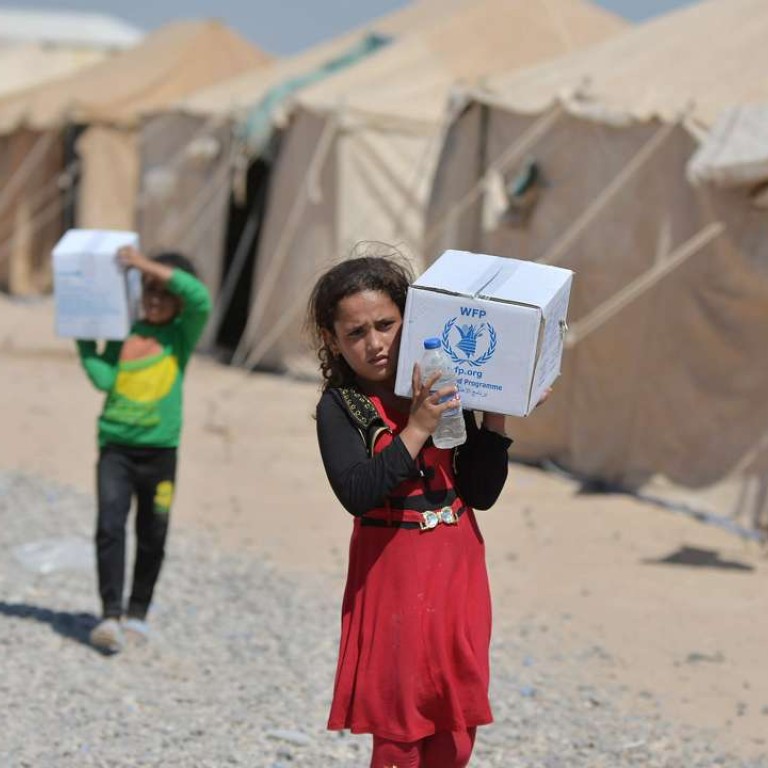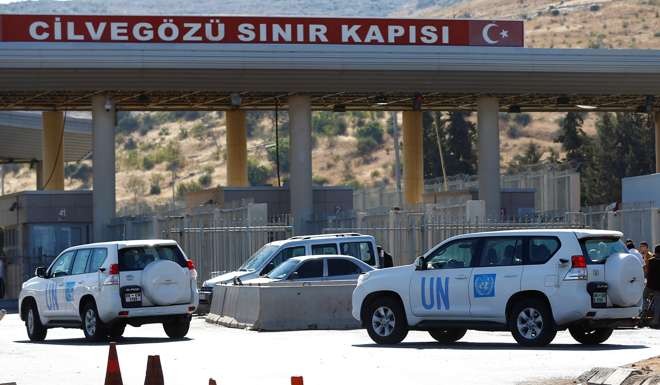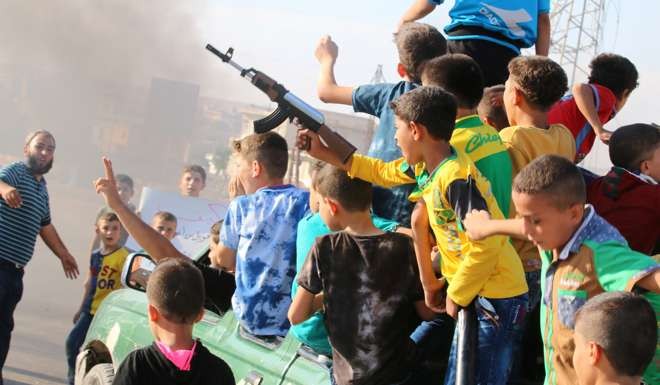
Russia, US seek to extend Syria truce but aid blocked, violence spreads
The second attempt this year by the cold war-era superpower foes to halt the conflict has succeeded so far in curbing the fighting, but it remains a risky gamble in a war that has made a mockery of all previous peace efforts.
Washington and Moscow, which support opposite sides in the war between President Bashar al-Assad and insurgents, have agreed to share targeting information against jihadist fighters that are their common enemies, if the truce holds.
Although the details of the pact remain secret, that could see them wage war on the same side for the first time since the second world war. But such unprecedented cooperation would come at a time of deep mistrust between the two countries, whose relations are at their worst for decades.
Russia said on Friday that UN Security Council endorsement of the ceasefire, which Moscow hoped would occur next week during an annual UN meeting of world leaders, appeared unlikely because the United States did not want to share documents detailing the agreement with the 15-member body.

Russian UN Ambassador Vitaly Churkin and US Ambassador Samantha Power had been due to give a closed-door briefing to the council on Friday but it was cancelled at the last minute. Churkin, speaking to reporters, suggested there was lack of unity in the US administration toward the agreement.
A Security Council endorsement would add political weight to the deal, but would have no implications on the ground.
The ceasefire has been reluctantly accepted by rebels who call it skewed in favour of Assad but say they have no choice because of the desperate humanitarian condition of civilians in besieged areas. Assad’s government, which holds its strongest position on the battlefield since the early days of the war, is also in no hurry to compromise.
Moscow, which holds the key to delivering the cooperation of its ally Assad, said it was ready to extend the truce by 72 hours and called on Washington to press rebels to abide by it.
Washington said it agreed that an extension was important, but also voiced alarm over the failure of aid to arrive.
Secretary of State John Kerry, who personally hammered out the agreement despite scepticism among some US administration colleagues, told Russian Foreign Minister Sergei Lavrov that Washington would not start the agreed joint targeting of militants until aid arrives.

The United Nations pointed the finger at the government for holding up aid by denying letters guaranteeing access.
“In order to actually initiate the actual movement of these convoys we need the facilitation letters. They have not come,” UN humanitarian affairs spokesman Jens Laerke said in Geneva. “It’s highly frustrating.”
After three days which saw a marked decrease in violence and no deaths, the first civilians since the start of the truce were killed on Thursday, according to the Syrian Observatory for Human Rights, a monitoring body. Three more died and 13 were injured in air strikes in rebel-held Idlib province on Friday, the Observatory said.
Clashes hit areas east of Damascus on Friday. Residents in the city centre were woken up by a large explosion, a witness said, and shells fell near its eastern limits.

The Britain-based Observatory said the violence stemmed from clashes between rebels and government forces in the Jobar district on Damascus’s eastern outskirts. Each side said the other had attacked first.
Both sides accuse each other of failing to withdraw from Aleppo’s Castello Road, the main route into the rebel-held area, which would be used to bring aid.
Moscow said on Friday the Syrian army had withdrawn from the road but returned its troops there after they came under fire from rebels. Insurgent groups in Aleppo said they had seen no such withdrawal from the government side, and would not pull back from their own positions until it did so.
“The regime has not withdrawn from the area,” Zakaria Malahifji of the Aleppo-based Fastaqim rebel group said.
Two aid convoys destined for Aleppo were still stuck on the Turkish border after several days while the sides argued over how the supplies were to be delivered. The trucks contain flour for more than 150,000 people and food rations for 35,000 people for a month, a UN spokesman said.

